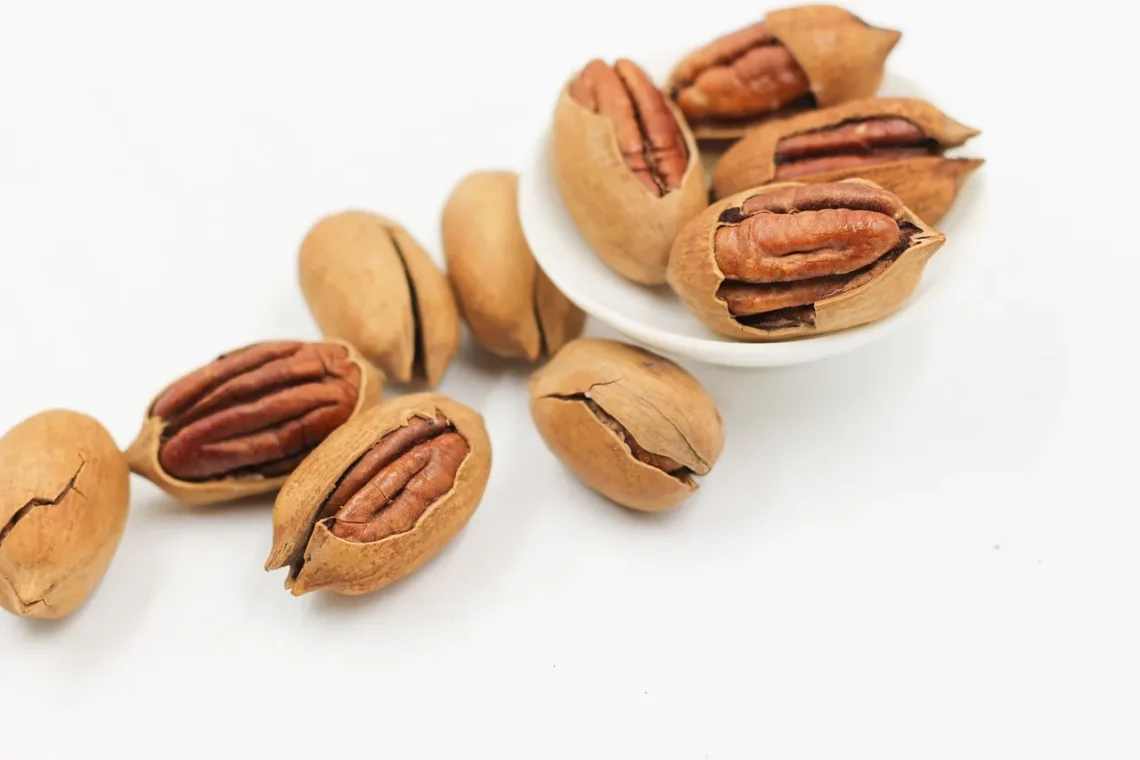
Best Protein Powder Options for Lactose Intolerant Individuals
Living with lactose intolerance can be a challenging experience, especially when it comes to dietary choices. For many individuals, dairy products are a significant source of protein, and the inability to consume these foods can lead to concerns about meeting nutritional needs. Fortunately, the market offers a variety of protein powder options that cater specifically to those who are lactose intolerant. This growing awareness has led to innovations in protein supplementation, allowing individuals to achieve their fitness and health goals without discomfort.
Lactose intolerance is a common digestive disorder caused by the body’s inability to break down lactose, the sugar found in milk and dairy products. Symptoms can include bloating, gas, diarrhea, and abdominal pain, making traditional protein sources like whey protein less appealing for those affected. As a result, many individuals are seeking out alternative protein sources that are both effective and easy on the stomach.
In addition to being lactose-free, many of these protein powders offer a range of additional benefits, including being low in calories, high in essential amino acids, and often enriched with vitamins and minerals. This article will explore some of the best protein powder options available for lactose intolerant individuals, aiming to help you make informed choices that align with your dietary needs and lifestyle.
Understanding Protein Sources for Lactose Intolerant Individuals
When it comes to protein supplementation, understanding the various sources available is crucial for those with lactose intolerance. The two primary categories of protein powders are animal-based and plant-based.
Animal-based protein powders, such as whey and casein, are derived from milk. Whey protein, in particular, is popular due to its high biological value and rapid absorption rate. However, it contains lactose, making it unsuitable for those with lactose intolerance. Fortunately, there are lactose-free whey protein options available, which undergo a filtration process to remove lactose while retaining the protein benefits.
On the other hand, plant-based protein powders are an excellent alternative for lactose intolerant individuals. Common sources include pea, rice, hemp, and soy proteins. These proteins are naturally lactose-free and often come with additional fiber and nutrients, making them a wholesome choice for anyone looking to boost their protein intake without discomfort.
Pea protein, for instance, is derived from yellow split peas and is an excellent source of essential amino acids. It’s particularly rich in branched-chain amino acids (BCAAs), which are crucial for muscle growth and recovery. Rice protein, often used in combination with pea protein, provides a complete amino acid profile and is easily digestible.
Lastly, soy protein is another popular option. It contains all the essential amino acids, making it a complete protein source. However, those with soy allergies should avoid this option and consider other plant-based proteins instead.
Understanding these sources can help lactose intolerant individuals make informed choices when selecting protein powders, ensuring they meet their dietary needs without the discomfort associated with lactose consumption.
Top Lactose-Free Protein Powder Options
For those seeking effective protein supplementation without the adverse effects of lactose, several reputable brands offer lactose-free protein powders. These products are designed to provide the essential nutrients needed for muscle growth, recovery, and overall health.
One of the most popular options is Optimum Nutrition’s Gold Standard 100% Whey Protein. This protein powder is renowned for its quality and versatility. The lactose-free version goes through a special processing method, ensuring that it retains its protein content while eliminating lactose. It’s available in various flavors, making it easy to incorporate into smoothies, shakes, or recipes.
Another excellent choice is Vega One All-in-One Protein Powder. This plant-based protein is made from a blend of pea, hemp, and other plant proteins, providing a complete amino acid profile. In addition to protein, it also contains greens, vitamins, and minerals, making it a comprehensive option for those looking for more than just protein supplementation. Vega One is also gluten-free and contains no artificial flavors or sweeteners, appealing to health-conscious consumers.
Garden of Life’s Raw Organic Protein is another noteworthy option. This protein powder is derived from a variety of plant sources, including pea, brown rice, and chia seeds. It’s certified USDA organic and non-GMO, ensuring a clean and wholesome ingredient list. The raw processing method preserves the nutrients and enzymes, making it a favorite among those seeking a more natural protein supplement.
Lastly, Naked Nutrition’s Naked Pea Protein is an outstanding choice for those who prefer minimal ingredients. Made from just one ingredient—yellow split peas—this protein powder is free from additives, sweeteners, and flavors. It’s an excellent choice for individuals looking for a pure protein source without any unnecessary extras.
These lactose-free protein powders provide effective solutions for those with lactose intolerance, helping them achieve their fitness and dietary goals without discomfort.
How to Incorporate Protein Powder into Your Diet
Incorporating protein powder into your diet can be both easy and enjoyable. Here are some creative ways to use protein powder to enhance your meals and snacks while ensuring you meet your protein needs.
One of the simplest methods is to mix protein powder into smoothies. Combining your favorite fruits, vegetables, and a scoop of protein powder can create a nutritious and filling breakfast or snack. For added creaminess without dairy, consider using almond milk, coconut water, or oat milk. You can also incorporate nut butters, spinach, or flaxseeds for an extra boost of nutrients.
Baking is another fantastic way to incorporate protein powder into your diet. Adding protein powder to recipes for pancakes, muffins, or energy bars can enhance the protein content without compromising taste. Simply substitute a portion of the flour in your recipes with protein powder, and you’ll enjoy delicious treats that also support your fitness goals.
You can also use protein powder in savory dishes. Stirring protein powder into soups, stews, or sauces can increase the protein content without altering the flavor significantly. Just be sure to mix it well to avoid clumps, and consider adding it towards the end of the cooking process to preserve its protein integrity.
Lastly, consider using protein powder as a topping. Sprinkling it on oatmeal, yogurt, or even popcorn can add a protein punch to your favorite snacks. This method is particularly useful for those who might struggle to consume enough protein throughout the day.
By incorporating protein powder into various meals and snacks, you can easily meet your protein requirements while enjoying a diverse and satisfying diet.
Potential Side Effects and Considerations
While protein powders can provide numerous benefits for lactose intolerant individuals, it’s essential to be aware of potential side effects and considerations when incorporating them into your diet.
First and foremost, individuals should always check the ingredient list of any protein powder they choose. Some protein powders may contain added sugars, artificial sweeteners, or other additives that may not align with your dietary preferences or health goals. Opting for clean, minimally processed protein powders can help mitigate these concerns.
Additionally, some individuals may experience digestive discomfort with certain types of protein, even if they are lactose-free. For instance, whey protein isolate, while lower in lactose, can still cause bloating or gas in some individuals. If you notice any adverse reactions, consider switching to a different protein source, such as a plant-based option.
Moreover, it’s important to be mindful of your overall protein intake. While protein is essential for muscle repair and growth, excessive protein consumption can strain the kidneys and lead to other health issues. It’s best to consult with a healthcare professional or a registered dietitian to determine the appropriate amount of protein for your specific needs.
Lastly, hydration is crucial when consuming protein powders, especially if you are increasing your protein intake significantly. Make sure to drink plenty of water throughout the day to support digestion and overall health.
In summary, while protein powders can be a valuable addition to the diet of lactose intolerant individuals, being informed about potential side effects and considerations can help you make better choices for your health and well-being.
**Disclaimer:** This article is for informational purposes only and does not constitute medical advice. Always consult with a healthcare professional for any health issues or dietary changes.




